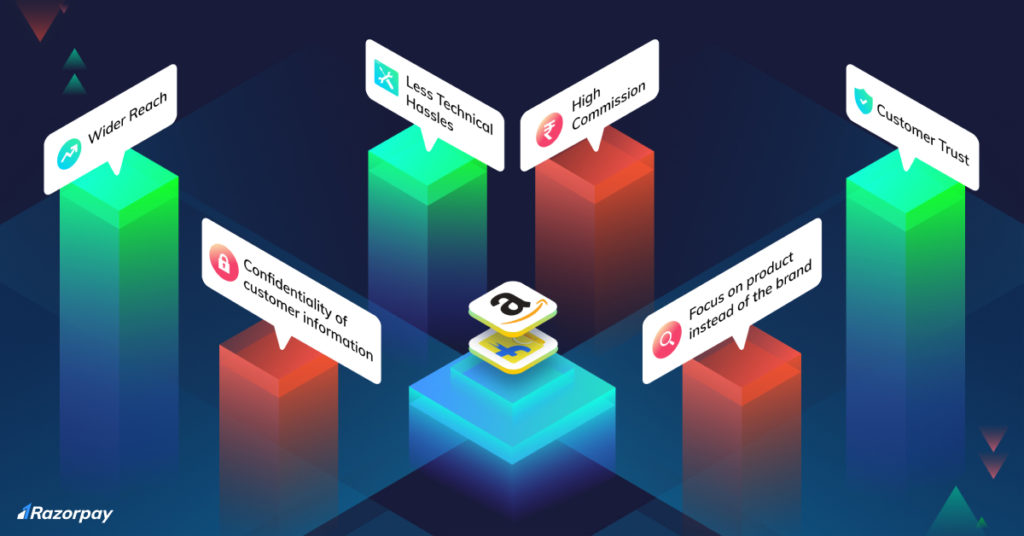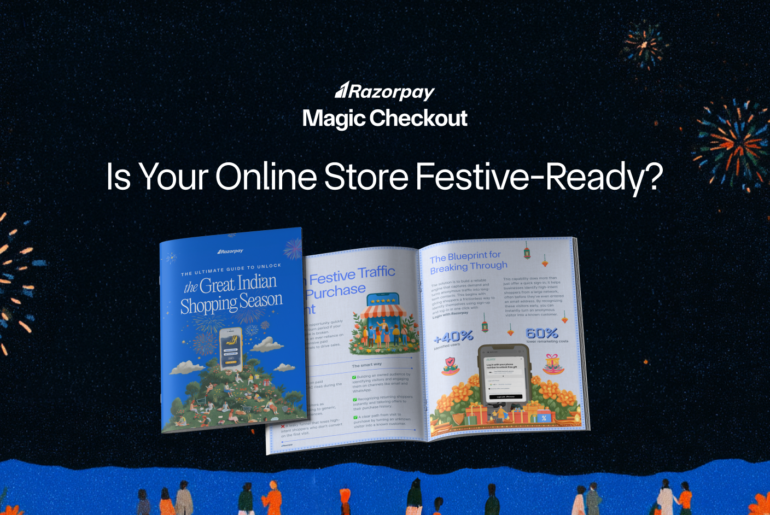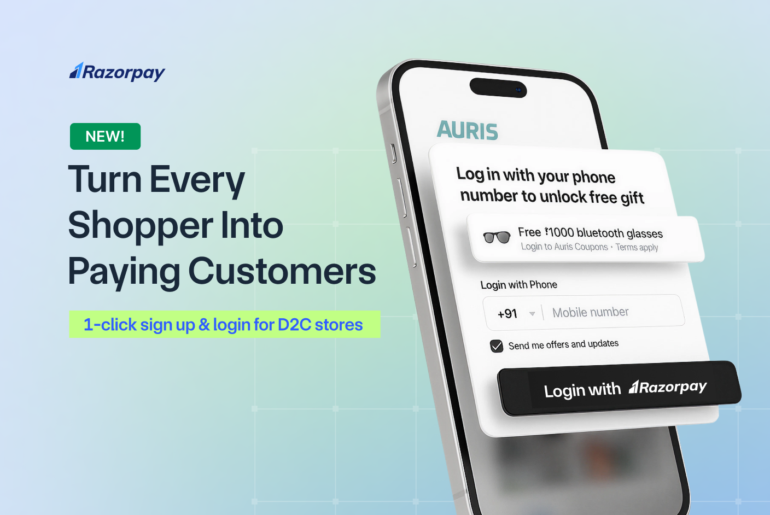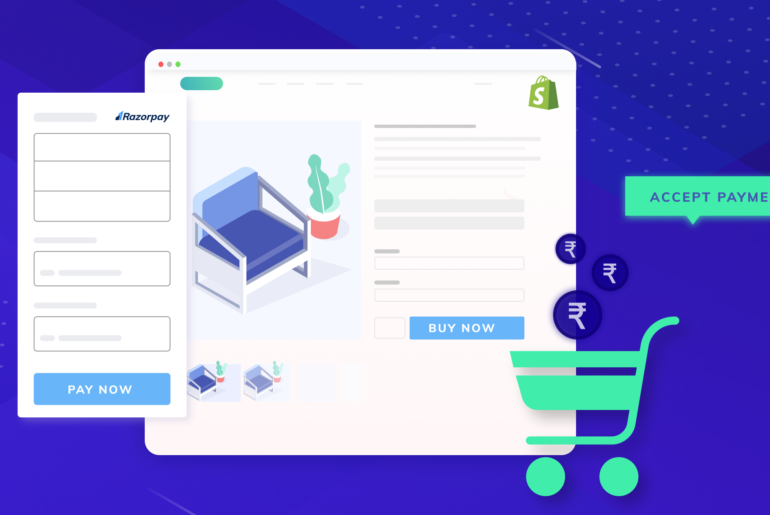E-commerce offers a great deal of convenience and choice to customers, due to which shopping online has grown to become extremely popular across the country. As a result, more and more retailers are opting to sell their products on branded online marketplaces such as Flipkart, Amazon and Myntra, owing to their extensive reach. However, before you do so, you need to have a clear understanding of the advantages and disadvantages of selling your products online. In this post, we deep dive into the most common ones.
Pros of selling on online marketplaces
1. Wider reach
Being popular among young consumers, millions of Indians visit these online stores to buy products every day. For small retailers and new businesses, it is very difficult to reach such a wide range of audiences when they have just started out. Online marketplaces such as Amazon and Flipkart provide them with a platform to establish a much larger customer base. It also helps build trust and credibility in their businesses as customers inherently trust brands that sell on these marketplaces.
2. Less technical hassles
Being global e-commerce giants, Amazon, Flipkart, and the likes have sound and effective technical teams that manage their digital properties. These marketplaces encounter very few technical issues and have the capacity of handling a huge amount of traffic at any given point in time. Selling on these websites can save a fair share of your time and money spent on addressing technical issues that you might encounter on your own site. You wouldn’t have to spend on hiring a big team to manage your online store.
3. Customer trust
Selling on these websites helps small businesses manage their customer service, and exchange and returns in a timely and efficient manner. This helps build trust with their customers. People do not buy from small businesses simply because they don’t trust the quality of service they would receive. Selling products on large online marketplaces helps small businesses gain credibility among their customers. They trust making payments on these websites and do not hesitate while sharing their payment details as they might in the case of a newly-launched D2C website.
4. Excellent customer service
After-sales service plays a very important role in establishing trust among customers and promoting the brand. Amazon and Flipkart provide 24/7 customer service. Selling your products on these platforms can help save the hassle of providing customer service and management. These websites take care of all the after-sales services like returns, exchange, delivery payment, and more.
5. Management of shipping and delivery
In the case of online business, shipping and delivery is a significant part of the process. Selling your products on Amazon and Flipkart will help save the hassle of managing logistics. These websites manage the entire shipping and delivery of products. They also manage the logistics for returns and exchanges. This helps save a huge amount of cost for small retailers.
Related Read: What Is the Difference Between Inbound and Outbound Logistics?
Cons of selling on online marketplaces
1. High competition
There will always be multiple sellers that have a similar product catalogue. In order to increase sales and revenue, different retailers provide discount offers and freebies to their customers. This makes it even more difficult for new businesses or startups to establish their presence in the market. Due to such high competition, small businesses are unable to scale up their sales.
2. Delays in payment
Offline sales allow immediate receipt of payment. In the case of online business, the money is not credited to your account immediately. Once the order is placed and the sales are made, it takes a few days before the money reaches the seller. The payment is first received by the marketplace. Service fees and other deductions are made before transferring the amount to the seller. The payment cycle of Amazon/Flipkart is usually 7-14 days. Such a long payment cycle poses some problems for newer MSMEs. New businesses require a regular flow of money to manage their operations.  Razorpay has already solved delayed settlements of customer payments on its payment gateway with Instant Settlements for Marketplace Sellers. You can now avail the same experience if you are selling on online marketplaces with your RazorpayX account.
Razorpay has already solved delayed settlements of customer payments on its payment gateway with Instant Settlements for Marketplace Sellers. You can now avail the same experience if you are selling on online marketplaces with your RazorpayX account.
Related Read: MSME Registration In India: Eligibility, Process, and Documents Required in 2024
3. High commissions
These marketplaces charge a certain fee from the sellers for the services they provide. This could be very high in some cases. The payment is transferred to the seller only after making the fee deductions from the amount. The high commissions make it difficult for small businesses to maintain profitability.
4. More focus on the product instead of the brand
These big marketplaces consist of hundreds of brands selling similar products. This makes it hard for customers to focus on the brand. The focus of the customers remains on the product rather than the brand to which it belongs. Selling on Amazon and Flipkart is not an ideal approach for businesses focusing on establishing a brand image.
5. Social media marketing costs
Due to the high level of competition, sellers need to promote their products online on various social media channels. They have to incur social media marketing costs to promote their products as well, which ultimately impacts their profits. Having talked to a number of marketplace sellers, we, at Razorpay, understand that their biggest pain point as of today is their inability to access their own customer payments as soon as possible. This leads to:
- Infrequent cash in hand during the growth period
- Delayed processing of customer orders
- Missing due dates of bills despite having made the target sales
Razorpay is developing new offerings to solve this exact problem for small sellers with innovation in credit access.



